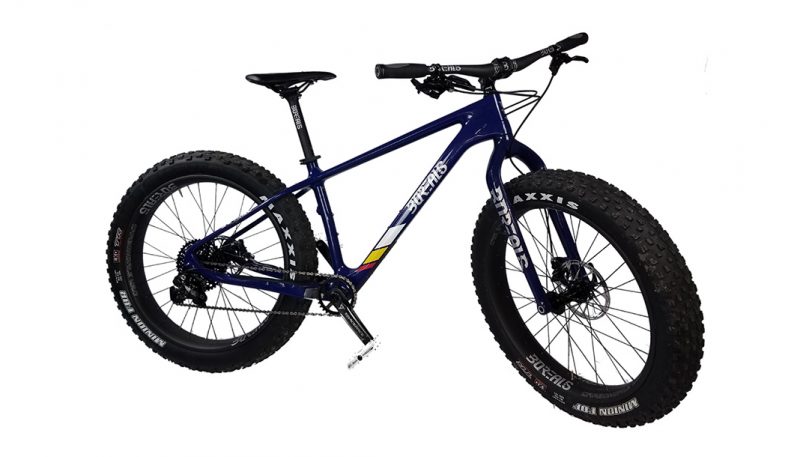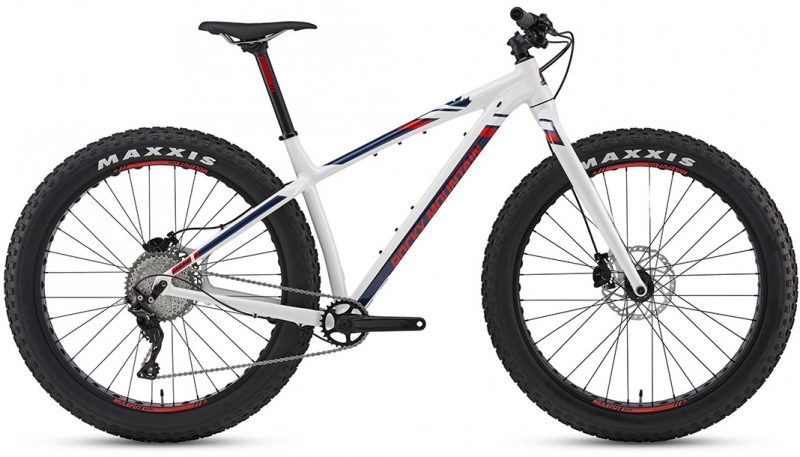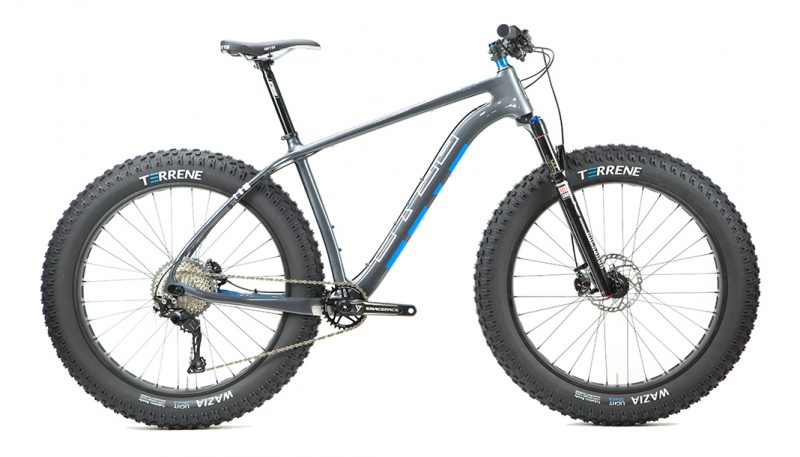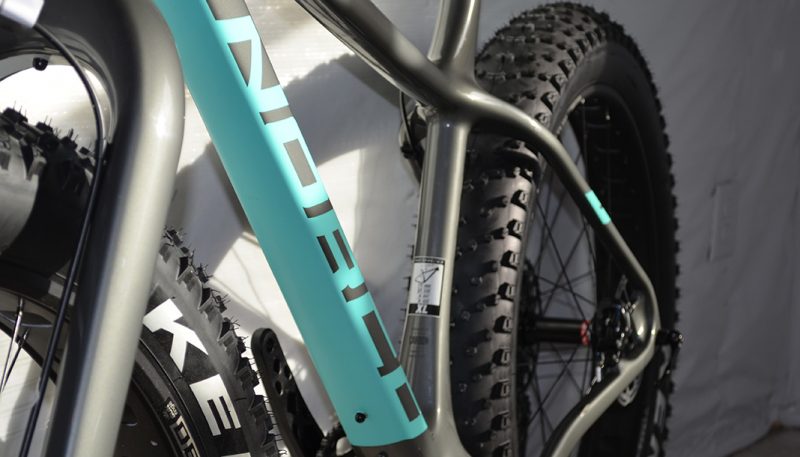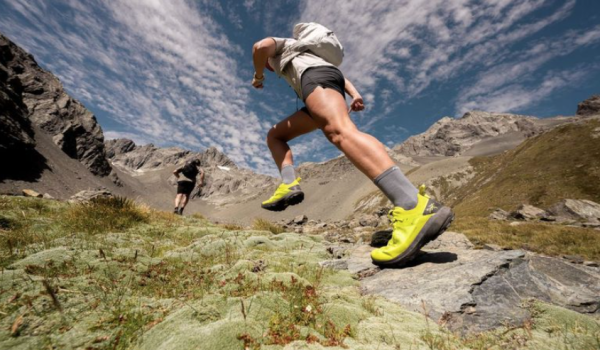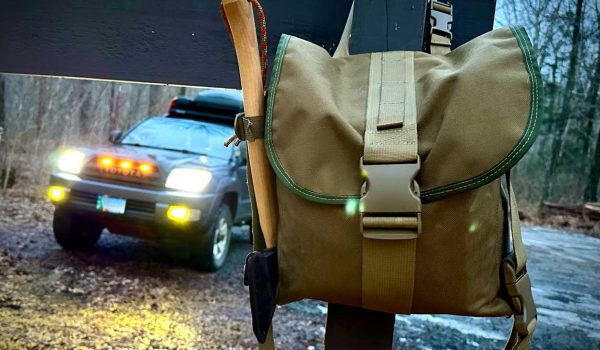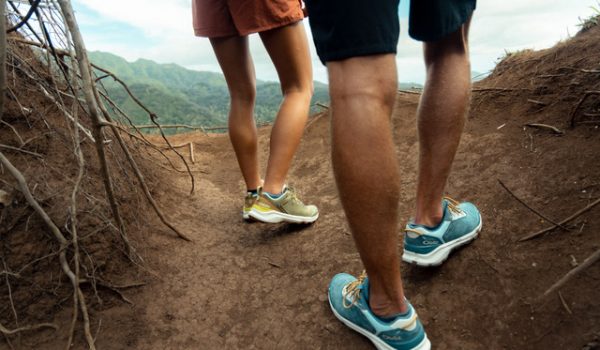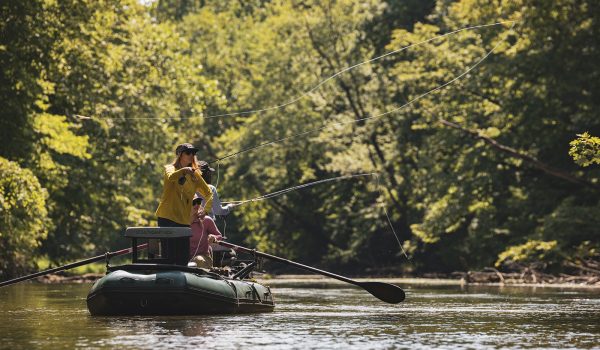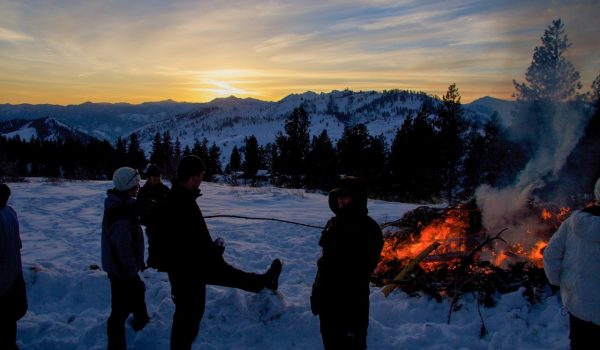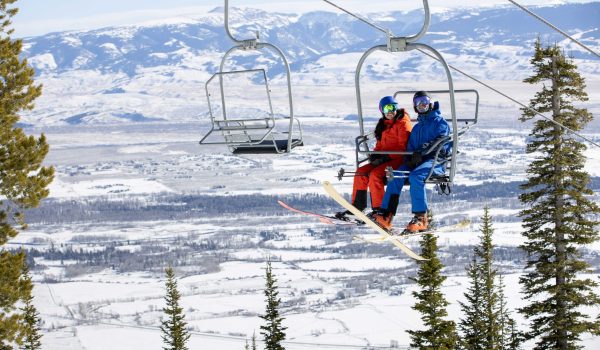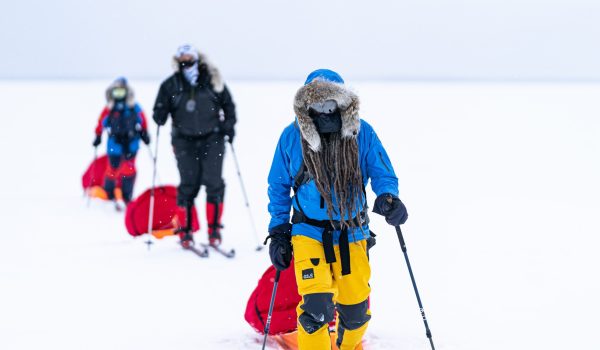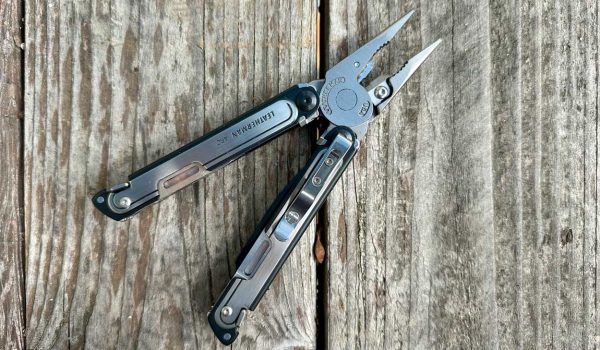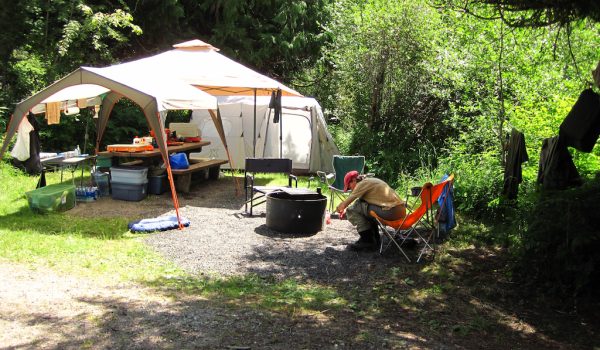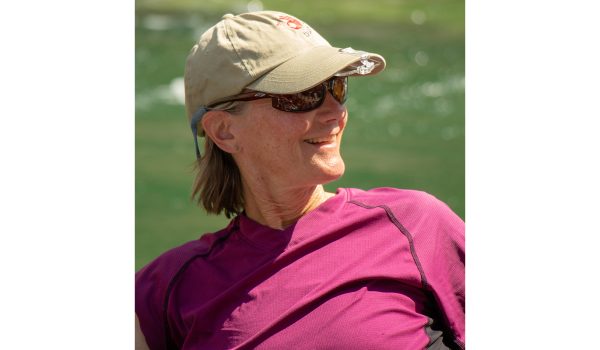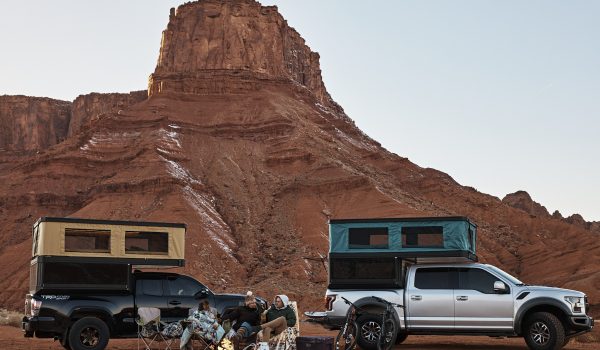Without a doubt, the biggest evolution in biking over the last few years has been wider wheels and tires. The movement began with mountain biking, but has even gained traction in the road realm. The widest of those make up the Fat bike category. What began as a hack for snow riders in events like Iditasport, who originally welded two wheels/tires together for added surface area and traction in snow, has become a legitimate category of bikes and one of cycling’s fasting growing genres. The first official “Fat” bike, Surly’s Pugsly, appeared in 2005 and now most major brands have multiple offerings, and many smaller Fat-centric brands have emerged.
Originally intended for folks who simply couldn’t put their bikes away when the snow came—but needed a safer, more efficient machine in these conditions—Fat bikes have developed a huge following well outside the original intent: It turns out these rigs are also outstanding on mud and sand (even the ultrafine white variety on your fave summer vacation spot). And riders have also discovered that the huge balloon tires provide excellent traction in any condition, as well as decent shock-absorption, especially with the far lower tire pressures at which they can operate. It’s now common to see dozens of Fatties on your local trails no matter how hard-packed or dry. You’ll even find them tearing it up in XC races.
The vast majority of Fat Bikes are 26 inches (see above for our 27.5-inch model review), and they feature basic MTB-style frames with wider clearance in the fork and rear triangle to allow for the much wider wheels and fat tires. These tires generally range from 3.6-4.8 inches, as compared to the 2-2.6 inch tires generally found on traditional MTBs and 2.8-3.4 inch tires on Plus bikes. While there are full-suspension models out there, most folks find this isn’t necessary thanks to the softer tires. Most are either full-rigid or feature front-suspension forks, generally around 100mm, and geometries lean more toward the aggressive XC side than the slacker gravity to help with quickness and handling on these heavier, less-agile rigs. Obviously the huge wheels and tires add considerable weight, but often that is compensated for by the lack of heavy suspensions—the bikes often hover around 30 pounds, but full-carbon race rigs can come in under 25 pounds, which just a few years ago was impressive even for a XC bike!

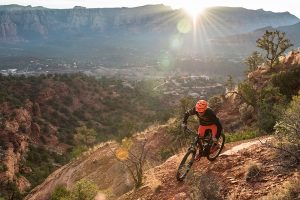
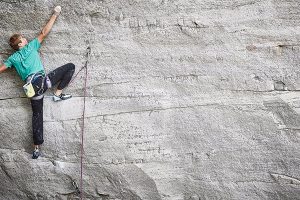



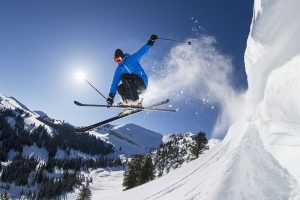


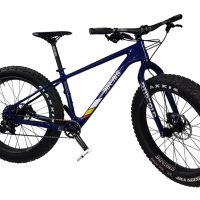
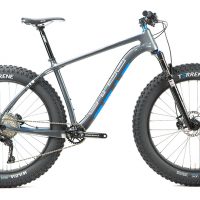
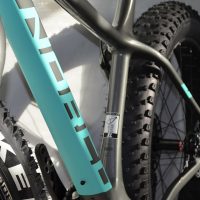
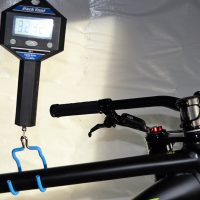
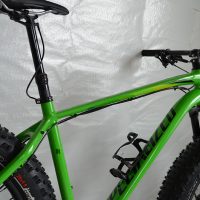
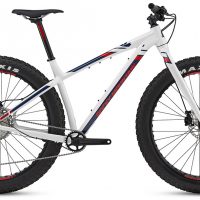
 89
89 